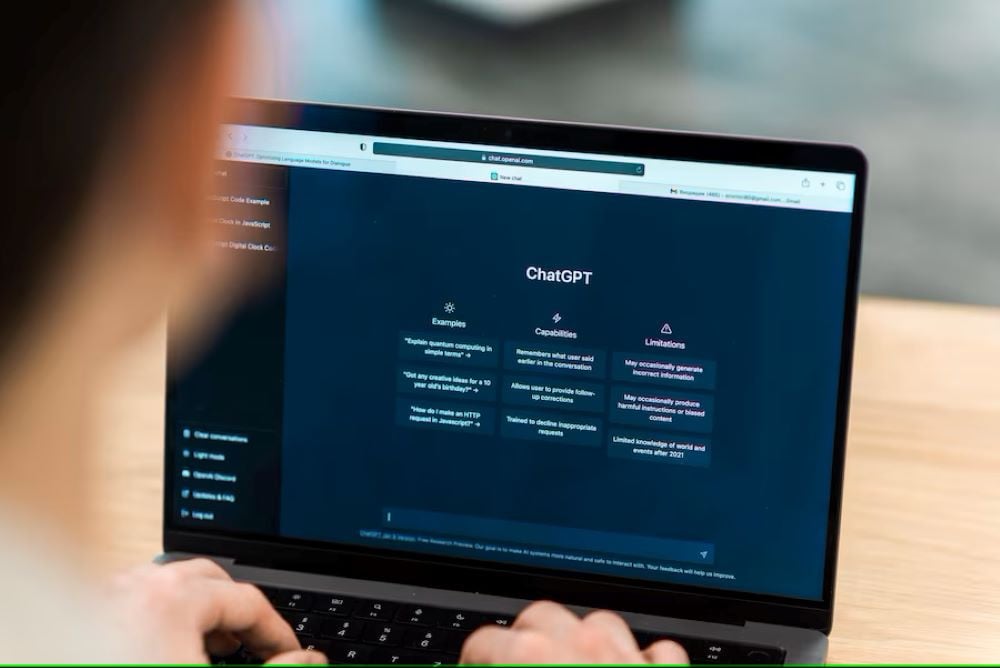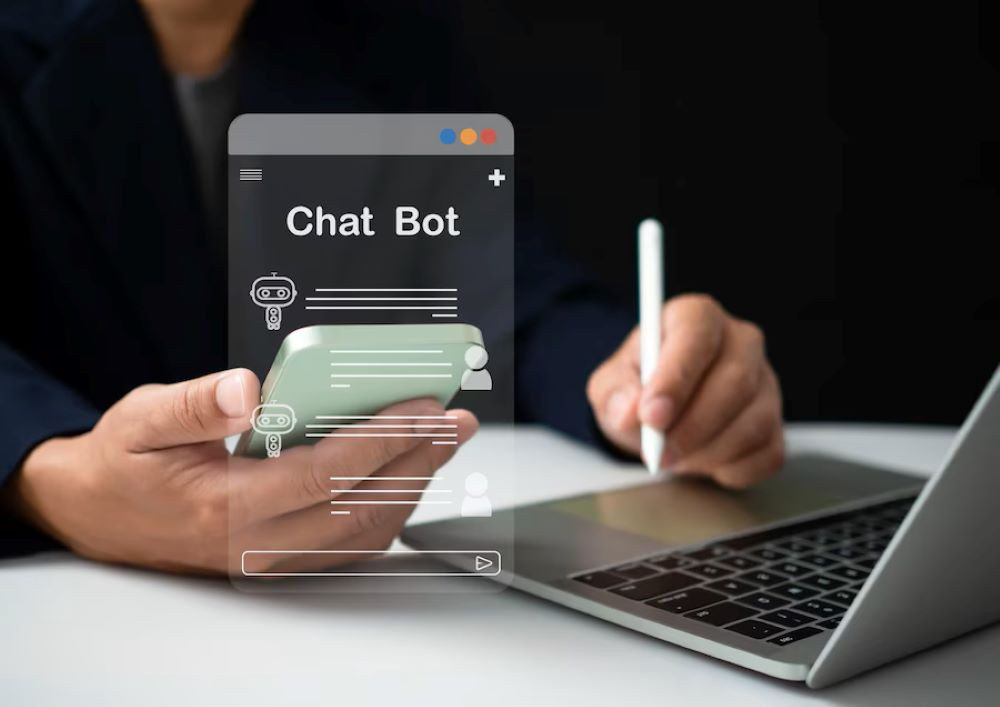Unbelievable Changes Happening to People Who Rely Too Much on ChatGPT

©️ Freepik
With the increasing popularity of ChatGPT and similar AI tools, many are starting to wonder whether people are becoming too dependent on them.
While these tools offer convenience and answers at the touch of a button, some experts are worried about potential negative effects on human thinking and decision-making.
How ChatGPT Is Changing the Way We Think

ChatGPT offers instant responses to almost any query, making it easy to access information. This speed can be helpful, but it also means that people might stop thinking critically or seeking information on their own. The ease of relying on AI for answers might reduce people’s motivation to solve problems themselves, leading to a passive approach to learning.
The Danger of Overuse
Experts have raised concerns about the overuse of AI tools like ChatGPT. When people use them too often, they may begin to lose important skills. For example, excessive reliance on AI could affect problem-solving, creativity, and social interaction. In some cases, users might even feel anxious or lost without access to ChatGPT, almost as if they need it to function properly.

The Addiction Factor
As more people use ChatGPT daily, some are beginning to notice that they turn to it for everything, even for simple tasks they once did without thinking. This dependency can be compared to addiction. When people feel they cannot do something without AI, it could lead to feelings of anxiety or frustration when it’s unavailable. The ease of having information at hand can make it hard to step away, contributing to unhealthy usage patterns.
Psychological Impact of ChatGPT
Experts are also looking into the psychological effects of constant ChatGPT use. Some studies suggest that using AI tools regularly can create a false sense of security. People may begin to trust AI without questioning its advice or analyzing its responses. This trust can lead to poor decision-making, especially when it comes to important life choices.
Social and Emotional Consequences

Another concern is the effect on human relationships. When people become overly reliant on AI, they may isolate themselves from others. Social skills can degrade if people prefer chatting with machines rather than engaging with real people. This could impact everything from personal relationships to workplace communication.
The Importance of Balance
While ChatGPT and other AI tools can be incredibly useful, experts stress the importance of balance. It’s essential to use these tools in ways that support learning and decision-making without becoming dependent on them. For example, users can turn to AI for help with tasks but should still engage in independent research and discussions to strengthen their critical thinking.
The Future of AI Use
As AI becomes more integrated into our daily lives, finding a healthy balance between using technology and maintaining personal skills is crucial. It’s important to remember that while AI can offer convenience and information, it should not replace the active engagement of the human mind. People must continue to nurture their problem-solving and social skills to avoid becoming overly dependent on AI, ensuring that technology remains a helpful tool rather than a crutch.
Read also: Study Finds ChatGPT Outperforms Physicians


